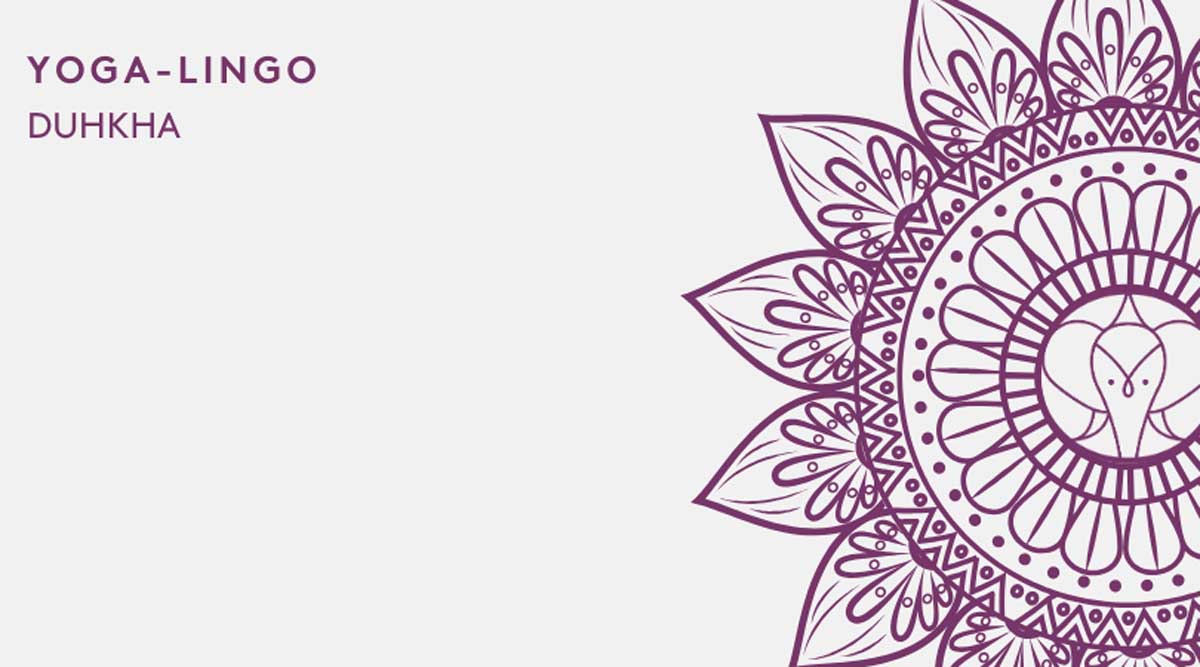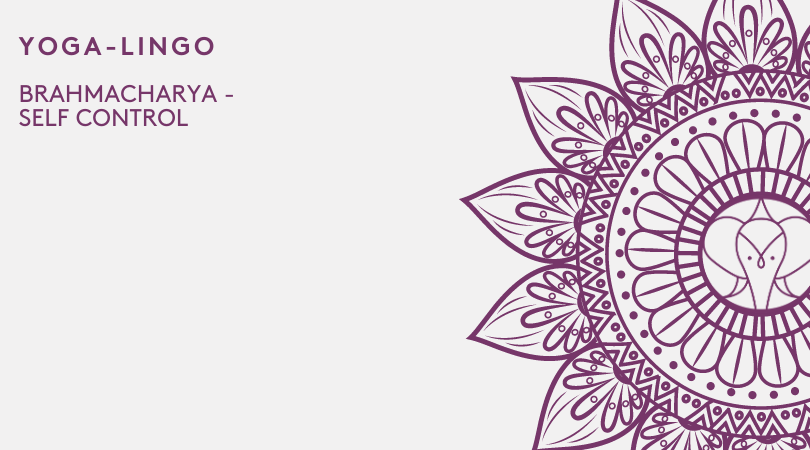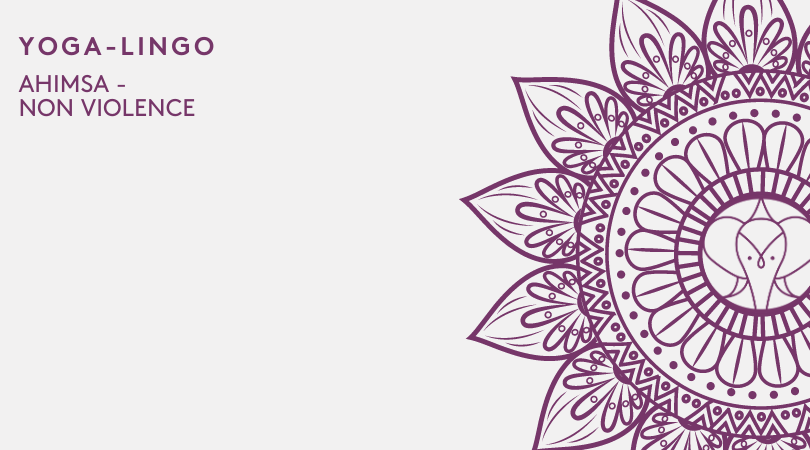Duhkha or ‘Dukka
Duhkha or ‘Dukka’ refers to the ever-present issue of suffering which is a key part of being alive. It is a key concept in Buddhism, and translates as ‘pain,’ ‘suffering,’ ‘stress’ or ‘unsatisfactoriness.’ The idea is that everyday living consists of suffering, and that understanding and accepting this is a vital part of achieving Enlightenment.
The Buddhist sutras divide duhkha into three categories:
- Duhkha-duhkha: the duhkha of painful experiences. The physical and mental sufferings of birth, illness, aging, and death are all included in this.
- Viparinama-duhkha: the duhkha of a pleasant, happy experience changing to something unpleasant. This state occurs when the conditions which helped to create the happy experiences cease to exist, transforming the situation.
- Sankhara-duhkha: the duhkha of conditioned experience. This example is a lack of satisfaction and a sense that things will never match our own expectations or standards.
The Four Noble Truths describe duhkha as "a basic unsatisfactoriness pervading all existence, all forms of life because all forms of life are changing, impermanent and without any inner core or substance."
While duhkha may seem overwhelmingly negative, it is a crucial part of the teachings of Buddhism. The goal is to develop insight and understanding into the nature of duhkha. This concept involves looking at the conditions which cause it to arise, and how it can be overcome. It is one of three marks of existence, the others being anicca - impermanence, and anatta - the idea of ‘not-self.’
Within Buddhism and yoga, the idea of balance is a core teaching. It makes sense, then, that duhkha is an essential part of life - without suffering, there can be no joy. Without pain, there can be no growth or development. Duhkha is therefore almost celebrated and encouraged - it is undoubtedly considered to be an aspect which is essential for growth and personal understanding.









